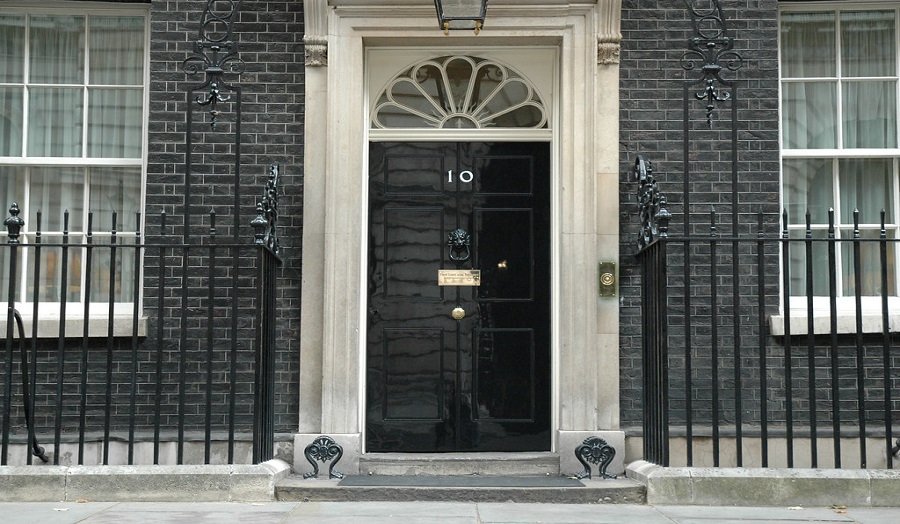Dr Peter Laugharne reflects on the end of Boris Johnson's time as Prime Minister and the parallels with David Lloyd George, another populist who was mired in scandal.
Date: 8 July 2022
A once hugely popular Prime Minister is mired in scandal and has lost the favour of his erstwhile Conservative supporters. The ‘men in grey suits’ appear, withdraw their backing and eventually and reluctantly the PM is forced to resign. Thus effectively ended the high political career of David Lloyd George in 1922.
There are obvious parallels but also differences between the Welsh Wizard of Westminster then and Boris Johnson a century later. They were both in their own way brilliant, charismatic, political outsiders: chancers, with an unhealthy contempt for conventional norms be they personal or political. They were both born in ‘foreign’ lands: Lloyd George in Manchester, England and Johnson in New York, USA. They both modified their names: David George added the surname of his uncle Richard Lloyd; Johnson known as Al to his family switched to his middle name Boris at Eton. Lloyd George won the Great War ‘to end all wars’ in Europe; Johnson took Britain out of the European Union.
Like all true populists they both appealed beyond their parties: Lloyd George a Liberal in coalition with Conservatives; Johnson a Tory in league with UKIP and the Brexit Party to ‘get Brexit done’. They both transformed their parties. Lloyd George effectively breaking up the Liberal Party and condemning it to the political wilderness and Johnson expelling high profile remain supporting Conservative MPs, losing the confidence of his supporters and presaging a potentially precarious political future.
The differences lie chiefly in the area of executive competence. Lloyd George was as talismanic a campaigner as Johnson but also an exceptionally able administrator and political executive. He was one of the most radical Chancellors and then went on to transform the Ministry of Munitions, that undoubtedly helped win the First World War and in so doing as PM, also transformed how the central executive territory of British Government worked. Johnson, like Donald Trump governed in the manner of a political campaign, inspired, but lacked the focus and judgement required to stay on top of complex and challenging political problems, many of his own making.
So a populist PM producing a constitutional crisis is not new, but do we have to keep making the same mistakes and relying on the ‘good chaps’ theory of political propriety to maintain effective government and remove damaged and damaging political leaders? The UK is one of the very few countries without a fully written codified constitution. By definition no constitution can prevent political players from acting unconstitutionally. But our partly-written uncodified constitution is clearly no longer fit for purpose. It relies on custom and practice and conventions that increasingly appear strained and honoured only in the breach. Potential runners in the contest for leader of the Conservative Party and Prime Minister should reflect on that. If they really want to make a clear break with the discredited rule of Mr. Johnson they should commit to creating a commission to reform the constitution and create a political framework fit for the twenty-first century.

